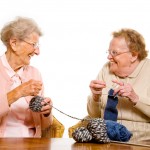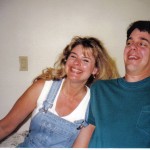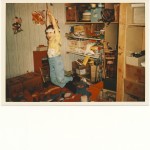
“For I will pour water on the thirsty ground and send streams coursing through the parched earth. I will pour my spirit into your descendants and my blessing on your children. They shall sprout like grass on the prairie, like willows alongside creeks.”
Isaiah 44:3-4
There are two trees in my backyard. Their trunks touching, roots entwining, they reach high into the sky, together yet separate. They symbolize the life I shared with my husband.
The love we shared was as deep and connected as the entwining and supporting roots of these two trees. We nurtured each other while allowing the other the independence to grow in their own ways.
The tree that was Le Roy has been cut down, and the love that flowed through those roots that nourished each other now seeps into barren soil.
This was a journal entry I made after the death of my husband that reflected the life we shared. It is included in my new book, From Winter to Spring, currently being edited for publication that gives helpful information to individuals moving from losses to creating a new reality.
We bring to the marriage altar a truckload of expectations, myths, wants and wishes hoping that now I will be loved unconditionally and all my needs will be met. The problem is that the other person is bringing their own bag of history with them.










